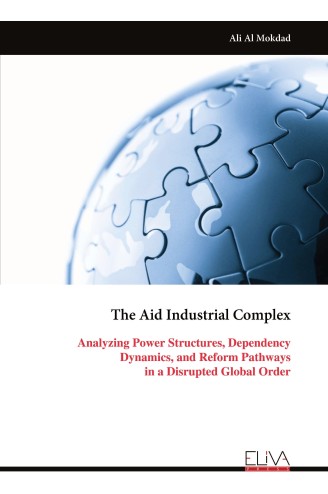Description
The Aid Industrial Complex: Analyzing Power Structures, Dependency Dynamics, and Reform Pathways in a Disrupted Global Order presents a comprehensive research-based analysis of the global aid ecosystem, combining data, policy review, and public discourse analysis. Drawing on academic literature, OECD datasets, institutional reports, and sentiment analysis of global media from 2016 to 2025, the research provides a multi-dimensional view of how donor governments, multilateral organizations, NGOs, and private actors collectively manage over 200 billion dollars in annual aid while navigating shifting political, social, and economic priorities. The study situates the aid architecture within broader global governance and foreign policy frameworks, exploring how economic constraints, geopolitical competition, and institutional incentives influence funding flows, decision-making, and accountability. It highlights the intersection between aid and diplomacy, showing how narratives, power dynamics, and dependency structures continue to shape the sector’s effectiveness and legitimacy. This work forms part of what Ali Al Mokdad has been examining and seeking to unpack through his wider research agenda: understanding and reforming the systemic foundations of international aid and development cooperation. It reflects his ongoing effort to identify actionable pathways that can transform aid into a more equitable, transparent, and adaptive system grounded in evidence, inclusivity, and long-term resilience. Through empirical analysis and global observations, the research offers insights for policymakers, diplomats, and practitioners striving to enhance the relevance and integrity of international aid. It calls for data-driven, context-sensitive reform models that strengthen local institutions, foster genuine partnerships, and align humanitarian and development efforts with the realities of a changing world order.




